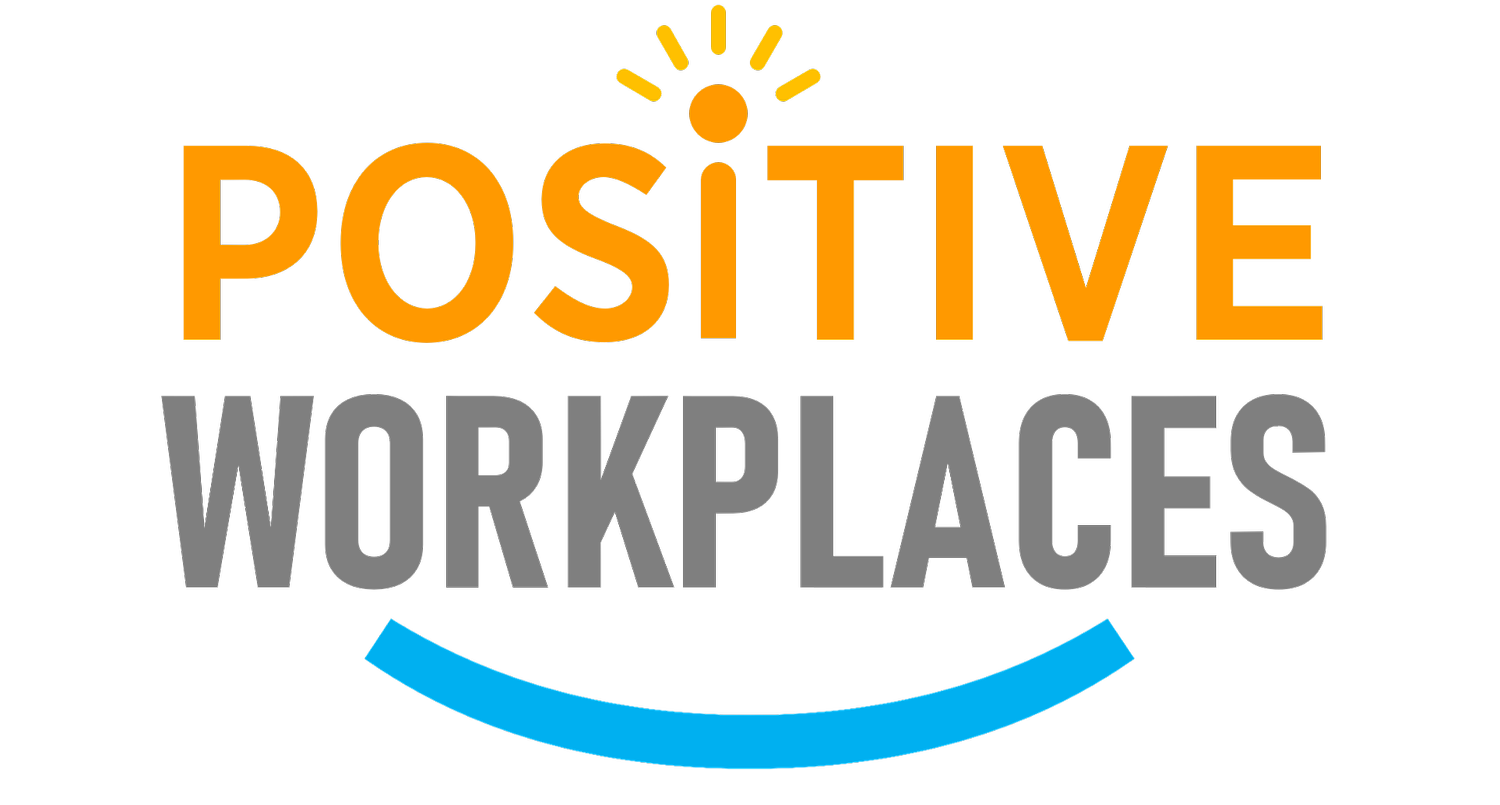Are We Ready to Go Back? Coming Face-to-Face with Reverse Culture Shock
By Nikki Vergara
After two years of living through the pandemic, as people strive to find their way back to old routines like stepping out of their homes, going to the office, or seeing people again, there will be numerous challenges. We will all go through a re-entry experience. Having to physically distance ourselves from each other, wear masks, be cautious around people, work from home, among others, has changed us both in superficial and significant ways. The question is, are we really ready to go back?
To help answer this question, it is important to recognize that adjustment during re-entry usually finds itself in various areas of our day-to-day work lives: location, people, and the self.
Location
First, many members of the workforce will adjust from working from home to returning to the office. There are those who have found it difficult to have to shift a five-minute walk to their work station at home to a longer commute to the office. Your usual routine over the last 2 years of waking up and walking a few meters to your desk will now be replaced by getting stuck in traffic and long commutes!
People
Second, members of the workforce will adjust to the people. Those returning to the office typically expressed that they found it difficult to relate with colleagues when they returned to the office. There can be a feeling of alienation upon returning to an office but not having the opportunity to interact in the pantry, go out to lunch, or visit each other’s cubicles at work due to physical distancing policies. Moreover, it is possible that we expect each other to return unchanged from two years of living through a pandemic and this can become a source of tension.
Self
Lastly, individuals adjust to changes in themselves. For instance, the ones you used to see leaving the office last may have experienced illness or loss in their families, or even the joy of relishing more time with family, and thus shifted towards prioritizing time with the family over working extra hours. Or those who you saw slacking off in the office may have experienced financial hardship and are now the ones working the hardest to advance their career progression. The workforce went through rigorous preparations to help them adjust to life in the pandemic. Organizations primed and prepared their workers about not returning to the office, and adjusting to working from home.
What is Reverse Culture Shock?
However, many members of the workforce may be receiving minimal support to help them adjust to changes upon their return. Given this, our goal in Positive Workplaces is to equip leaders with research-based interventions to prepare the workforce for their re-entry experience. One thing that they should be aware of is Reverse Culture Shock. Reverse culture shock is experienced by those who readjust and return to a culture after being immersed in another culture for a significant amount of time (Gaw, 2000). With our return to to our physical offices imminent, here are a few things to look out for to help you readjust with Reverse Culture Shock effectively:
We will all experience it differently, and in unique ways! Some experience more effects and will take longer to adjust than others. If you fall into the latter, that's completely normal too!
Take things slow! Once you return to the office, what used to be familiar may now feel unfamiliar. You may encounter frustrations, especially when you realize you've forgotten a majority of the things that used to be routine for you. You may even begin to find yourself confused or frustrated with things that never bothered you before, just because you are missing the comfort and convenience of your home set ups! Practice patience with yourself, and those around you,
Manage your expectations! Things have changed a whole lot since the pandemic began. Expecting and preparing for changes in the way we work and even the way we respond emotionally can help minimize the effects of reverse culture shock.
Interested in learning more? Enroll in our Positive Workforces Reintegration Course this month, 1 week left to sign up!
Visit our website to know more about the course here: https://positiveworkplaces.org/positive-workforce-reintergration-course
Enroll here NOW: https://tinyurl.com/PWPWRCourse1
References:
Gaw, K. F. (2000). Reverse culture shock in students returning from overseas. International journal of intercultural relations, 24(1), 83-104.










